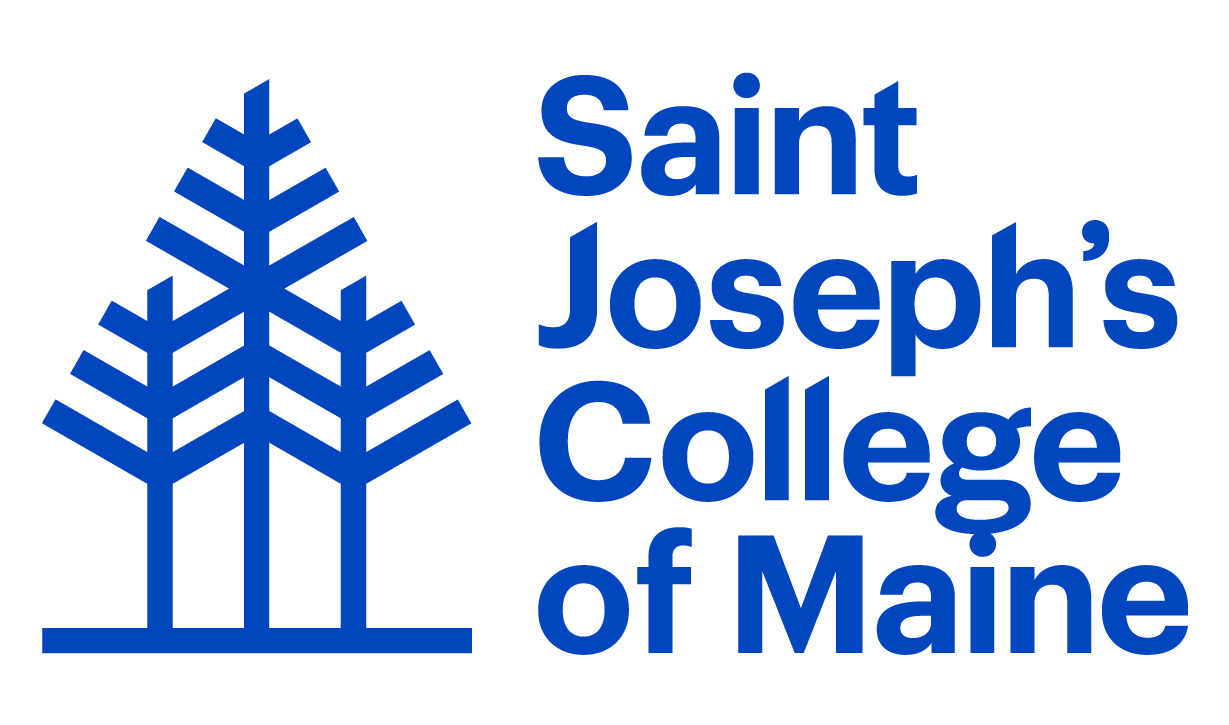Bernd Scheffler ’20 gets to the roots of family homelessness
Share
At Saint Joseph’s, community is a commitment. A commitment to the people we gather around us. To the spirit of service we grow within us. To the places we cultivate over time. Community recognizes that we must sustain each other. We strive to build it when we are ready to lead. And our students and alumni take that to heart. And one such example is Bernie.
Bernd (Bernie) Scheffler is a 2020 online graduate with a Bachelor of Science in Interdisciplinary Studies with a human services minor. Recently, Bernie’s senior capstone paper “It’s Real”: Experiences of Family Homelessness in Fort Worth, Texas, written by Bernie and professor Dale Brooker, was published. According to his paper, nearly one-third of the population experiencing homelessness in the U.S. is made up of family units—most often a young single mother with around two school-aged children (United States Interagency Council on
Homelessness [USICH], 2018).
The conclusion of their paper found that the “similarity of participants’ concerns pre- and post-homelessness suggested that some families may transition to a status still ‘at risk’ rather than ‘stably housed.’ Considered in the context of previous research, findings supported further interdisciplinary inquiry into how longer-term, post-housing support might promote housing stability.” (read more at https://digitalcommons.pvamu.edu/pursue/vol5/iss1/2/)
We wanted to know more about what brought Bernie to SJC and what drives him to serve the homeless.
What led you to pursue a degree at SJC?
It’s funny–I am Catholic and have always appreciated Catholic education, but when I decided at nearly 40, and well into my career, that I wanted to finish my degree, time felt of the essence. So I searched the entire country for the program that would allow me to finish my degree the most quickly and affordably. Saint Joseph’s generous transfer credit allowance, affordable tuition rate, and four-term-per-year schedule meant I could finish almost a year faster, and for several thousand dollars less, than anywhere else. The fact that I got to be a small part of an institution with Catholic social values was a nice bonus!
Tell me how you decided to research family homelessness?
One of the reasons I decided to finish my degree was a career change, moving from the life of a small business owner to social services for people experiencing homelessness. My first job in the new field was on a street medicine team at our county hospital, working to connect unsheltered neighbors to health care and other social supports that might help them improve their well being. In that role, I saw mostly unaccompanied individuals living outside, but learned a lot about the many pathways into homelessness and the often unwieldy systems meant to help them. My next job was my current position at First Street Mission, where we help both people experiencing homelessness and those who are housed but struggling with poverty (and thus always at risk of experiencing homelessness). Here I’ve really gotten to see firsthand how family homelessness is often more hidden, and unfortunately more impactful because of the trauma it imposes on two generations at once.
What was it like working with Dr. Brooker, how did he offer support and guidance?
I loved working with Dr. Brooker. He was always available for a Zoom or a quick email question and response, and really helped me hone my research approach to fit the new COVID-era realities I was working within. When I asked about the possibilities of publishing my capstone work, he told me I should absolutely go for it, and answered all my questions. And when I decided to continue in my newfound academic groove by pursuing graduate school, he offered a recommendation for my application. I have taken online courses at two other schools, and I can say that Dr. Brooker’s dedication and availability to his students is deeply appreciated, because it’s not necessarily the norm.
Tell me about your work as Assistant Director of the First Street Mission.
This past summer my boss retired and after four years as Assistant Director, I was named Director of First Street Mission. I lead a staff of four and a volunteer army of nearly 100 in offering help with our guests’ most essential needs like food, clothing, and a mailing address, while connecting them to help with services like housing assistance and health care. Since the arrival of COVID and amid ongoing economic pressures, we have seen a drastic increase in need in our community. In 2022, we helped nearly 16,000 unique individuals, a 66% increase over 2021 and nearly triple the number served in 2019. The one thing that isn’t growing is our physical space, so in 2023 we are adding a street outreach team to meet our homeless neighbors in their comfort zones, and walk alongside them as they work toward housing.
How has your research changed how you approach your work?
My capstone research reinforced my gut feelings, born from my early experience in the field, that just like economic systems which tend to prioritize efficiency often leave people behind, systems meant to address homelessness on a large scale often include traumatic and dehumanizing elements that present barriers not just to housing, but to simple well-being. Our goal is to recast support services as a form of social inclusion, rather than a transactional “us and them” scenario.
What’s next?
While making plans for the future of the Mission, I have also been pursuing a PhD in Philosophy with an applied focus in social justice and ethics at the University of North Texas. I’ll earn an MA along the way this May. Ultimately my goal, and the path Saint Joseph’s helped me embark upon, is to keep working at the intersections of “the real world” and academia to shed light on complex social problems. I believe that kind of knowledge is the key to developing more effective–and more human–approaches.
We are so proud of our alumni, like Bernie, who work to solve real-world problems. Who become community leaders. Well done, Bernie!
Photo from First Street Mission.

